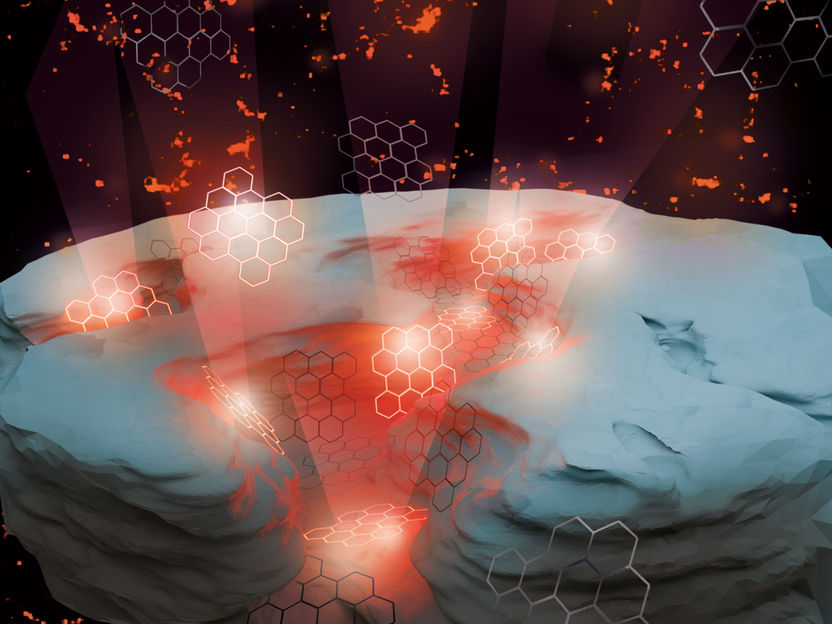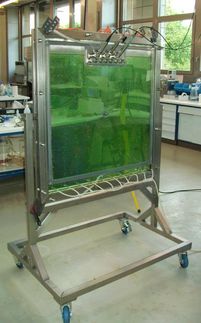University of Illinois to improve crop yield through photosynthesis in a new global effort
Project aims to increase photosynthetic efficiency for sustainable yield increase
The University of Illinois at Urbana-Champaign has received a five–year, $25-million grant from the Bill & Melinda Gates Foundation to improve the photosynthetic properties of key food crops, including rice and cassava. The project, titled "RIPE – Realizing Increased Photosynthetic Efficiency," has the potential to benefit farmers around the world by increasing productivity of staple food crops. Illinois research will take place at the Institute for Genomic Biology (IGB).
"This grant will be game changing," says Stephen Long, Project Director and Gutgsell Endowed Professor of Crop Sciences and Plant Biology at Illinois. "This project represents a huge effort to determine and apply the mechanisms of photosynthesis that can contribute to the challenge of this century: food security for all."
Increasing photosynthetic efficiency has not yet been addressed by conventional breeding methods, though it has the potential to increase yields and reduce the use of water and nitrogen. Team members will apply recent advances in photosynthesis research and crop bioengineering to the RIPE project. In addition, computer simulation models of the highly complex photosynthetic system, combined with practical engineering, will identify the best targets for improving photosynthesis efficiency.
The University of Illinois will lead the study. The University is home to SoyFACE (Soybean Free Air Concentration Enrichment), an outdoor facility for growing crops under a variety of atmospheric climatic conditions that has shown strong evidence linking increased photosynthesis to consistently higher crop yields over the 10 years of its operation. Illinois is also home to the American Recovery and Reinvestment Act PETROSS program, which is engineering improved photosynthesis into two key US bioenergy crops, sugarcane and sorghum.
Illinois will conduct the study through an international collaboration with other leading research institutions as sub-contractors of Illinois, which will initially include the Australian National University, Rothamsted Research (UK), University of Essex (UK), and USDA/ARS.
Most read news
Organizations
Other news from the department science

Get the life science industry in your inbox
By submitting this form you agree that LUMITOS AG will send you the newsletter(s) selected above by email. Your data will not be passed on to third parties. Your data will be stored and processed in accordance with our data protection regulations. LUMITOS may contact you by email for the purpose of advertising or market and opinion surveys. You can revoke your consent at any time without giving reasons to LUMITOS AG, Ernst-Augustin-Str. 2, 12489 Berlin, Germany or by e-mail at revoke@lumitos.com with effect for the future. In addition, each email contains a link to unsubscribe from the corresponding newsletter.
Most read news
More news from our other portals
Last viewed contents
Plasmodial_slime
Merkel_nerve_ending
Tailor's_bunion
Hetero_Drugs
Merck_KGaA_v._Integra_Lifesciences_I,_Ltd.
Agaric
True_hermaphroditism
Kisharon
Genetic_Alliance
PainCeptor_Pharma



















































